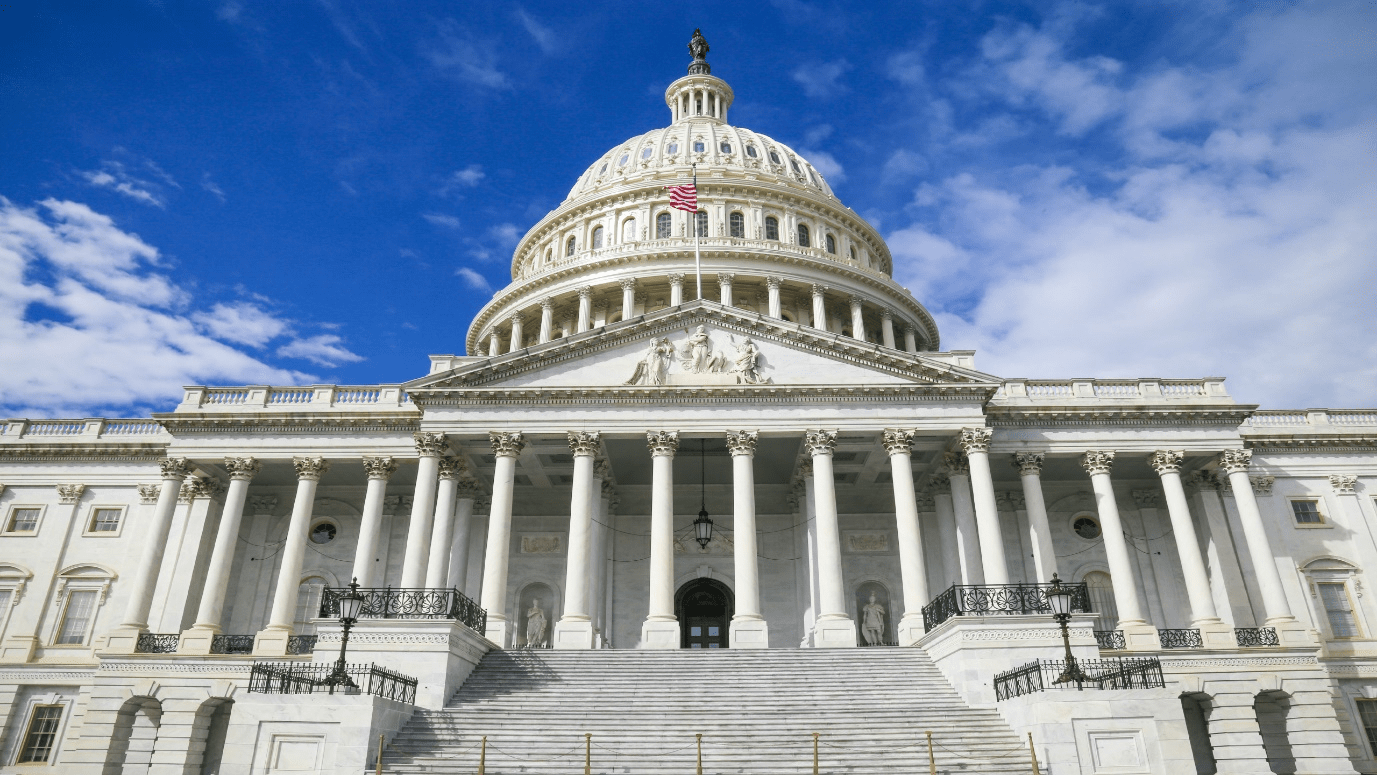
Why Skills-First Leadership Is Replacing the Ivy League Playbook in the C-Suite
The old prestige pyramid—where Ivy League degrees and blue-chip consulting backgrounds paved the way to the CEO seat—is cracking.

October 01, 2021: -On Wednesday, the House passed a bill to suspend the U.S. debt ceiling as the country barrels toward a first-ever default with no clear solution in sight.
Republicans sink the plan in the Senate. The GOP has opposed any effort to raise the borrowing limit and intends to make Democrats address it as part of their sprawling investment in social programs and climate policy.
Treasury Secretary Janet Yellen said lawmakers the U.S. will run out of ways to pay its bills around October 18. Suppose Congress fails to suspend or raise the debt limit before the deadline. In that case, lawmakers risk a default that could cost millions of jobs, jeopardize government benefits and crash the financial markets.
The House passed the debt ceiling suspension in a 219-212 vote. The Democrats, except for Reps. Jared Golden of Maine and Kurt Schrader of Oregon supported it, and every Republican but Rep. Adam Kinzinger of Illinois opposed it.
House Speaker Nancy Pelosi, D-Calif., wrote that the chamber would “move forward to honor its responsibility to protect the American economy and American families from the catastrophe of a default by passing legislation to suspend the debt limit.”
But as the bill is set to fail in the Senate, it is not clear how Democrats will avoid default.
The party is aiming to head off two separate crises this week. On Thursday, the deadline to pass a funding bill before the government shuts down.
The Senate could vote on a short-term appropriations plan Thursday that would fund the government until early December. It would then move to the House for approval, where it is expected to pass.
On Monday, that still leaves Congress grappling with the debt ceiling.
Republicans have shot down two other Democratic efforts to address the issue. GOP senators blocked a bill that would have funded the government into December, and it also suspended the borrowing ceiling until December 2022.
Republicans insist Democrats should increase the limit on their own, leading Senate Majority Leader Chuck Schumer, D-N.Y., introducing a motion that allows the Senate to hike the ceiling with a simple majority. On Monday, it needed unanimous consent, and Minority Leader Mitch McConnell, R-Ky., blocked it.
Republicans want to tie the debt ceiling increase to Democrats’ massive legislation as they make their counterparts’ taxing and spending proposals a central plank of their 2022 midterm election strategy. The GOP banks on Democrats blame the U.S. defaults because they control the White House and Congress.
However, raising the debt ceiling does not authorize future spending, and the U.S. will not pay its current obligations if it does not increase or suspend the limit.
According to the Treasury, Congress has raised or suspended the ceiling 78 times since 1960, and it most recently did so in 2019. Avoiding default usually comes with little drama, though a 2011 fight over the debt limit and budget deficits contributed to Standard & Poor’s downgrading the U.S. credit that rates for the first time.

The old prestige pyramid—where Ivy League degrees and blue-chip consulting backgrounds paved the way to the CEO seat—is cracking.

Loud leaders once ruled the boardroom. Charisma was currency. Big talk drove big valuations.

But the CEOs who make history in downturns aren’t the ones with the deepest cuts

Companies invest millions in leadership development, yet many of their best executives leave within a few years. Why?

The most successful business leaders don’t just identify gaps in the market; they anticipate future needs before anyone else.

With technological advancements, shifting consumer expectations, and global interconnectedness, the role of business leaders

Following a distinguished Law Enforcement career Joe McGee founded The Securitatem Group to provide contemporary global operational specialist security and specialist security training products and services for private clients, corporate organisations, and Government bodies. They deliver a wide range of services, including complete end-to-end protection packages, close protection, residential security, protection drivers, and online and physical installations. They provide covert and overt investigations and specialist surveillance services with a Broad range of weapons and tactical-based training, including conflict management, risk and threat management, tactical training, tactical medicine, and command and control training.

Jay Wright, CEO and Co-Owner of Virgin Wines infectious energy, enthusiasm, passion and drive has been instrumental in creating an environment that encourages talent to thrive and a culture that puts the customer at the very heart of every decision-making process.

Fabio de Concilio is the visionary CEO & Chairman of the Board at Farmacosmo, a leading organization dedicated to mental health and community support services. With a deep commitment to identifying and meeting customer needs, Fabio ensures that high standards are maintained across the board.

Character Determines Destiny – so said Aristotle. And David CM Carter believes that more than anything else. For David, it has been numerous years of research into codifying Entelechy Academy’s 54 character qualities that underpin everything he stands for as a leader and teacher.


Leave us a message
Subscribe
Fill the form our team will contact you
Advertise with us
Fill the form our team will contact you